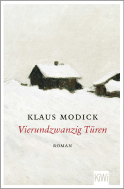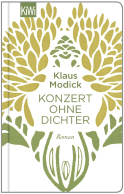
Klack
Schnappschüsse im Wirtschaftswunder: »deutsche Nachkriegsnostalgie mit Witz« Stern
Markus hat es eigentlich gut. Auch seine Familie hat teil am westdeutschen Wirtschaftswunder, man kann sich wieder etwas gönnen, sogar einen Fernseher – und doch hat er zu leiden: an der tyrannischen Großmutter, den immer gleichen Kriegserzählungen des Vaters, den autoritären Lehrern am Gymnasium, vor allem aber an unerwiderten Gefühlen. Mit dem Auftauchen der Tinottis kommt Bewegung in sein Leben. Die italienische Familie zieht nebenan ein und eröffnet eine Eisdiele. Markus ist fasziniert von Clarissa. Während in Berlin die Mauer gebaut wird und seine Oma im Garten einen Zaun ziehen lässt, um vor den Spaghettifressern sicher zu sein, erprobt Markus Strategien der Annäherung und greift sogar zur Gitarre. Mit Lust am Detail, großer erzählerischer Kraft und viel Humor fängt Klaus Modick die Stimmung einer entscheidenden Phase der bundesdeutschen Geschichte ein. Im Westen geht es aufwärts, während der Osten sich einmauert, und plötzlich steht die Welt am atomaren Abgrund. Und mittendrin Markus, der sich nichts sehnlicher wünscht als den ersten Kuss und der mit seiner Kamera die Momente festhält, die das Leben ausmachen.
- Publisher: KiWi-Taschenbuch
- Release: 09.02.2015
- ISBN: 978-3-462-04684-7
- 224 Pages
- Author: Klaus Modick
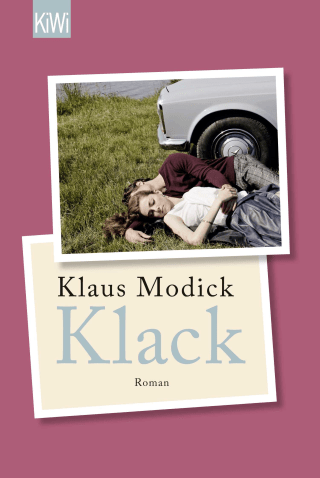
Further Titles

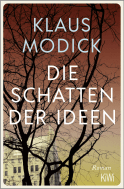
The Shadows of Ideas
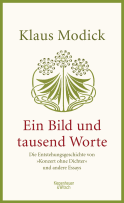
A Picture and A Thousand Words
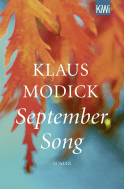
September Song
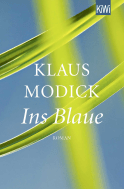
Into the Blue
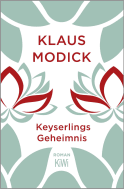
Keyserling's Secret
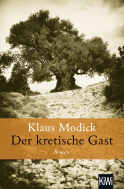
The Cretan Guest
